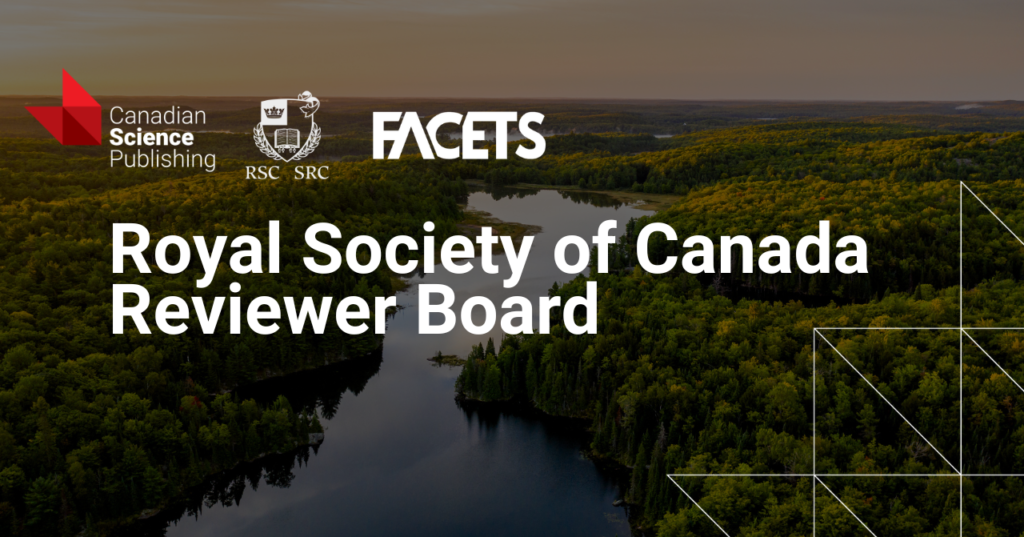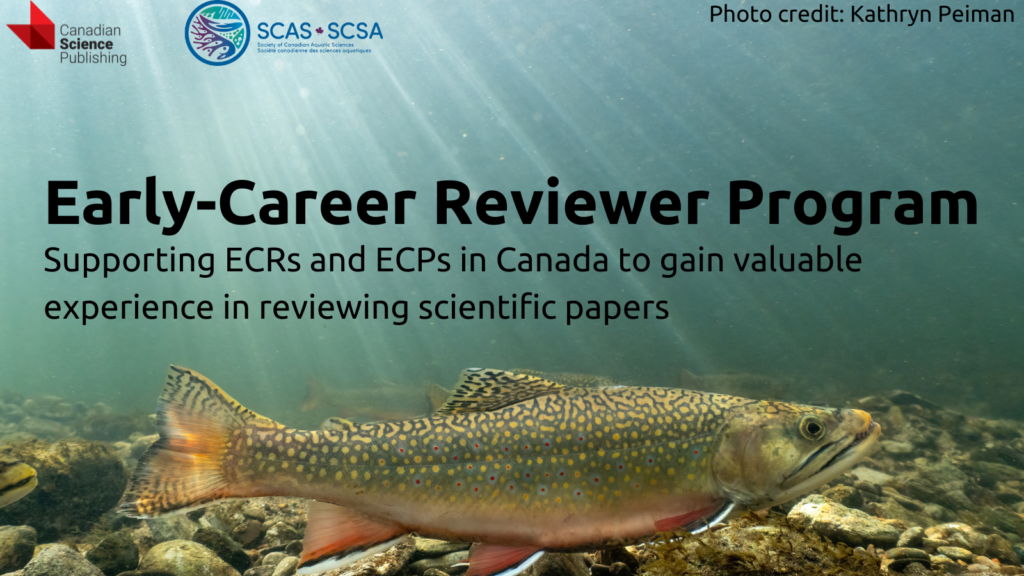Over the course of his career, Steven J. Cooke, an esteemed biologist, editor, and Canada Research Professor, has watched the public’s trust in science erode.
The last decade has been difficult for scientists. Medicine has faced increased skepticism in the wake of a global pandemic, climate science has been hotly politicized even as record-breaking wildfires burn, and science communicators wage an endless battle against viral videos packed with misinformation. In scientific publishing, generative AI models are causing new problems, with publishers rapidly adapting to combat an influx of computer-generated content from paper mills.

Against this backdrop, Cooke has been investigating peer review, a cornerstone of the scientific process by which scientists critique each other’s work—a system that many argue is in crisis. Major publishers have been rocked by peer review-related scandals, with cases of bias, fabrication, and ineffectiveness eagerly discussed and widely debated on social media. But Cooke recognizes that peer review is facing a deeper challenge—the erosion of trust in institutions, experts, and the scientific process itself.
“Sometimes you see a single tweet that sparks an idea and leads to a paper. This was more the result of witnessing a confluence of events over a decade,” Cooke reflects.
After years of collaboration, Cooke and sixteen co-authors have produced a new paper, “A harm reduction approach to improving peer review by acknowledging its imperfections,” which reimagines peer review through twelve pre- and post-publication reforms.






